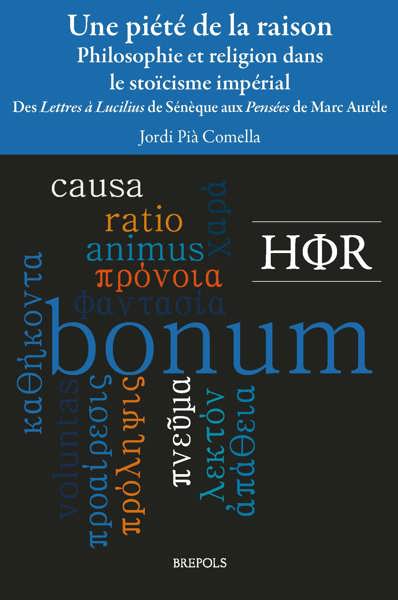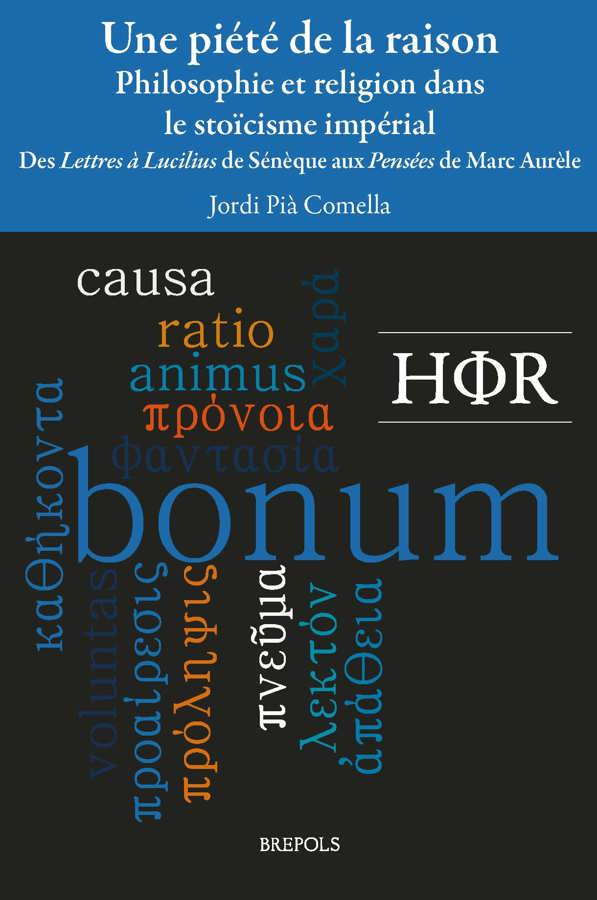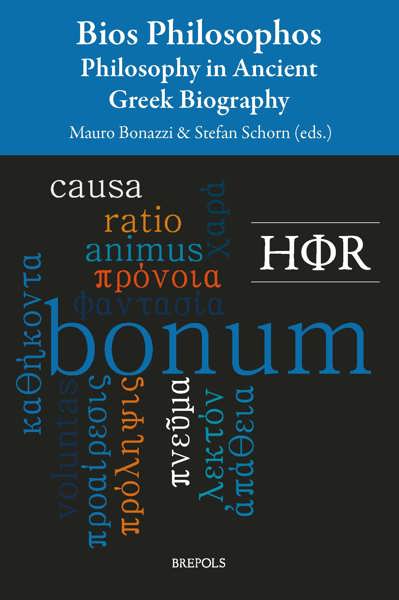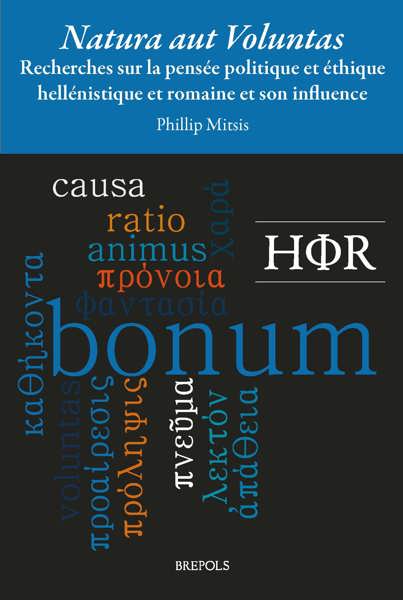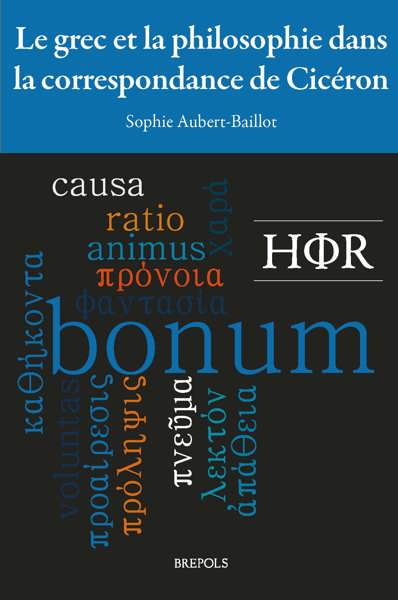
Une piété de la raison, philosophie et religion dans le stoïcisme impérial
Des Lettres à Lucilius de Sénèque aux Pensées de Marc-Aurèle
Jordi Pià Comella
- Pages: 564 p.
- Size:156 x 234 mm
- Language(s):French
- Publication Year:2015
- € 85,00 EXCL. VAT RETAIL PRICE
- ISBN: 978-2-503-55435-8
- Paperback
- Available
- € 85,00 EXCL. VAT RETAIL PRICE
- ISBN: 978-2-503-57364-9
- E-book
- Available
The relation between philosophy and religion in roman stoicism
“Pià Comella’s simultaneously wide-ranging and fine-grained study will be a bountiful and thought-provoking resource for scholars working on any of the authors discussed in this book.” (Bart Van Wassenhove, in Bryn Mawr Classical Review, 2017.10.03)
How can the stoics reconcile the research of rational piety based on moral perfection with the legitimization of the ritualism and traditional representation of pagan gods? After studying the constant oscillation between the legitimization and condemnation of traditional rites in ancient stoicism, we demonstrate that the roman stoics, Seneca, Cornutus, Persius, Epictectus and Marcus Aurelius, address the same question, but with two essential specifics: adapting it to the political-religious context of Imperial Rome and paying particular attention to their readers as to the pedagogic strategist to grant their moral conversion.
Comment les Stoïciens impériaux concilient-ils l’exigence d’une piété intérieure fondée sur la raison avec le respect des rites religieux ? Tout comme les Stoïciens grecs, ils oscillent entre la légitimation et la condamnation des cultes civils. Mais Sénèque, Cornutus, Perse, Épictète et Marc Aurèle présentent la particularité d’acclimater le débat philosophique au contexte culturel de la Rome impériale. Ils repensent la question de la divinisation humaine en confrontant le modèle du sage à la figure du Prince. Attentifs aux aspirations spirituelles de l’individu, les Stoïciens impériaux nouent avec l’âme un rapport sacré et donnent ainsi une dimension religieuse à l’ascèse morale. Cependant, chaque auteur propose une piété qui lui est propre et qui s’exprime dans des styles et des genres très variés.
